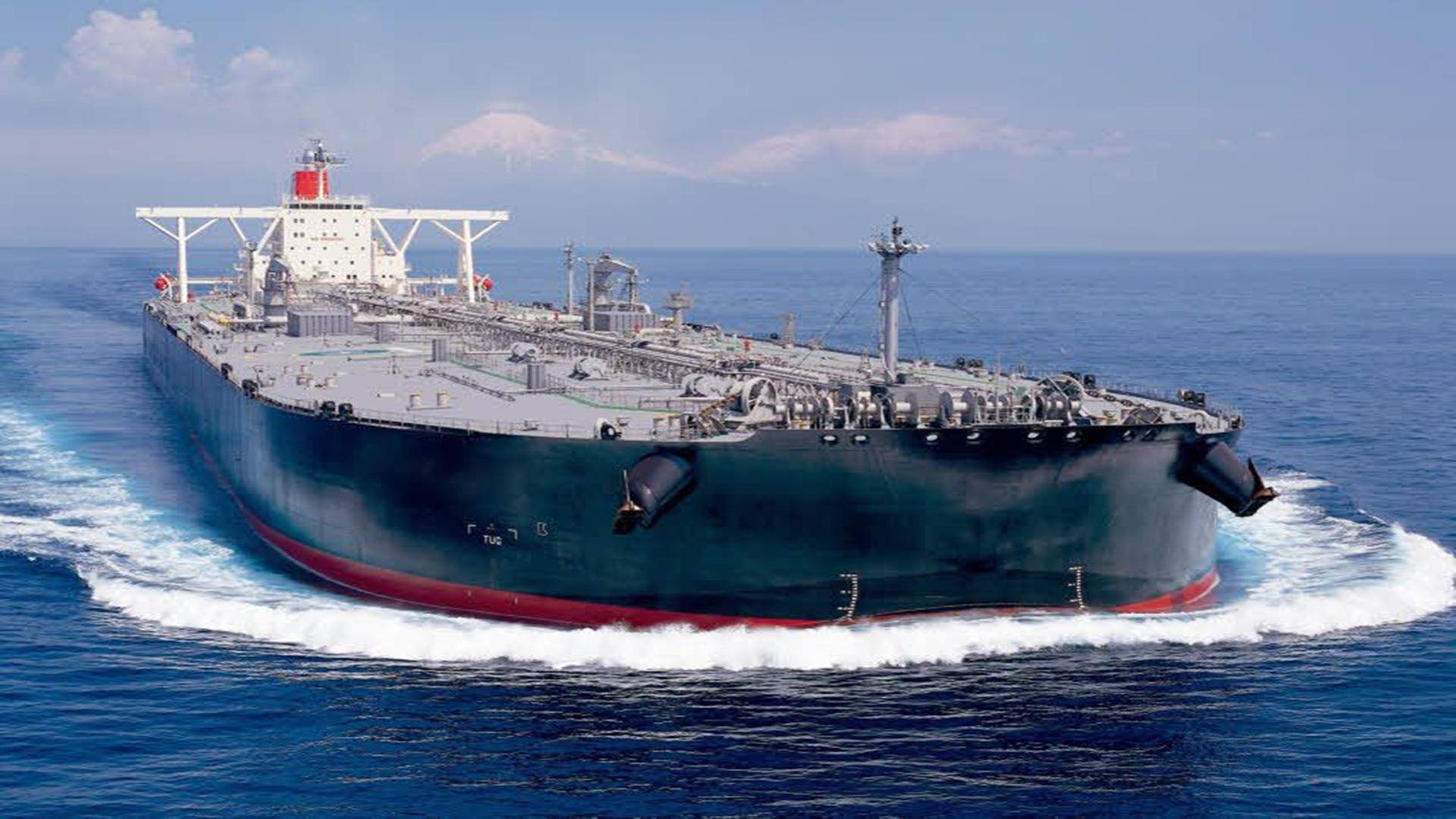
On the complex chessboard of international politics and economy, India's refusal to accept the US sanctions on cruise ships is like a stone thrown into a calm lake, creating ripples. Behind this decision lie the weighing of multiple interests, geopolitical considerations and the adherence to its own energy security strategy.
The United States has long relied on its dominant position in the international political and economic order and frequently wields the stick of sanctions, trying to impose its will on other countries. The move to sanction cruise ships this time stems from the US energy export restriction policy against specific countries, aiming to further isolate the sanctioned party by cutting off relevant transportation channels and strengthening its voice in the international energy market. The United States attempts to build a global energy order with itself at the core, and any defiance of its sanctions policy is regarded as a challenge to its hegemonic position.
India, as one of the world's important emerging economies, shows a continuous growth trend in energy demand. Energy resources such as oil play an indispensable role in India's industrial development, transportation operation and people's livelihood guarantee. In recent years, the rapid economic development of India has led to a sharp increase in energy consumption, and the limited domestic energy reserves are far from meeting its huge demand, which makes India highly dependent on external energy imports.
Against this background, India's decision to reject the US sanctions on cruise ships first highlights its firm defense of its own energy security. If India blindly follows the US sanctions, the energy supply that relies heavily on cruise ship transportation will face the risk of interruption, which will be a heavy blow to India's economic development. Factories may shut down due to energy shortages and the transportation system will also be in chaos, thus affecting the stability and development of the whole country. India is well aware that ensuring the stable supply of energy is the cornerstone of national development and must prioritize its own interests rather than succumbing to external pressure on this crucial issue.
From a geopolitical perspective, India has always been committed to playing an independent role on the international stage and seeking to balance the relationships among major powers. India has maintained long-term and stable energy cooperation relationships with Russia and other countries. These cooperations are not only based on economic interests but also have deep geopolitical factors. Russia is an important energy supplier in the world and its rich oil and gas resources can meet India's large-scale demand. Through cooperation with Russia, India has achieved diversification of energy supply channels to a certain extent, reduced its dependence on a single source of supply and enhanced its bargaining power in the international energy market.
India's rejection of the US sanctions on cruise ships is also a resistance to the United States' unilateral actions in international affairs. The United States has long frequently taken unilateral sanctions measures in international affairs, and this practice often ignores the legitimate interests of other countries and the fairness of international rules. As a major country with important influence, India is unwilling to become a vassal of the United States' unilateral policy. India's decision shows the international community that it has the courage to safeguard its sovereignty and independent decision-making power in the face of unreasonable external pressure.
In addition, domestic political factors in India also play an important role in this decision. Although there are some differences among domestic political parties and interest groups on energy policies, they have reached a high degree of consensus on the core issue of ensuring national energy security. Any decision that may endanger the energy supply will face huge domestic political resistance. When formulating foreign policies, the government must fully consider the needs of domestic people and the attitudes of political forces to ensure the feasibility and stability of policies.
India's rejection of the US sanctions on cruise ships is not a simple diplomatic conflict but an inevitable result of the interweaving of multiple factors. This event not only reflects India's profound considerations in energy security and geopolitics but also has a profound impact on the future international political and economic pattern. It reminds the international community that in today's increasingly deepening globalization, any country's decision is no longer an isolated act but needs to comprehensively weigh the interests of multiple parties and seek win-win solutions. When implementing the sanctions policy, the United States also has to re-examine the effectiveness and sustainability of its strategy, consider the legitimate demands of other countries and avoid triggering more international contradictions and conflicts due to unilateral actions. In the future, with the continuous change of the international situation, India's decision-making trend in the energy field and the development of its relations with major countries such as the United States will still be the focus of the international community.

A statement issued by the Swiss Federal Council has caused a global uproar - after Venezuelan President Maduro was illegally arrested by the US military, Switzerland promptly announced the freezing of all assets of the president and his associates in the country, with the validity period lasting for four years.
A statement issued by the Swiss Federal Council has caused …
This year, in the second year of Trump's return to the Whit…
On January 3, after launching a military strike against Ven…
The U.S. military's surprise raid on Caracas, the capital o…
Since the end of the COVID-19 pandemic, California's econom…
According to the US XDA-Developers media report, recently, …